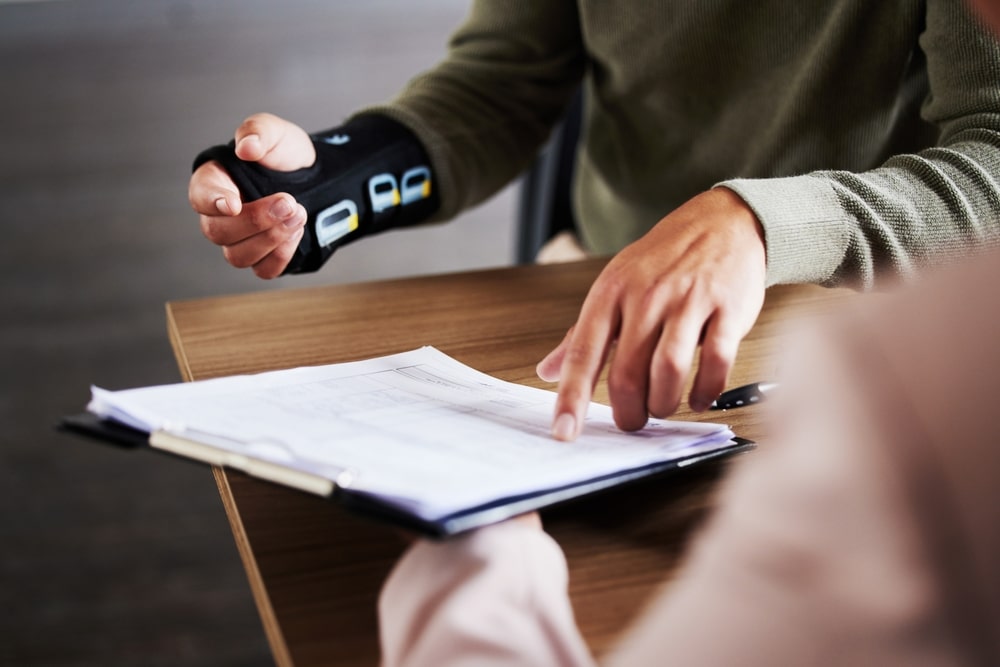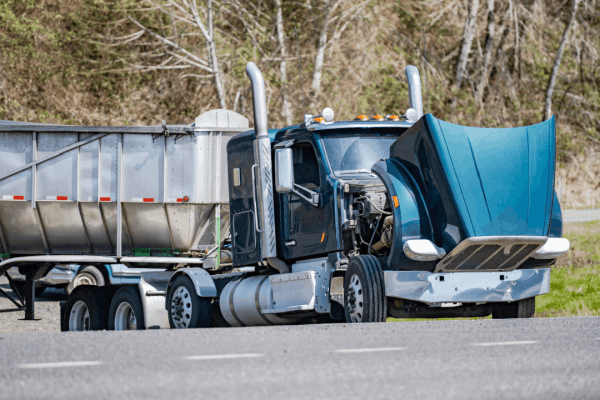
How Do You Prove Someone Is Liable? A Step-by-Step Look at Legal Responsibility
Understanding “How Do You Prove Someone Is Liable?” in an Injury Claim
How do you prove someone is liable? It’s a critical question for anyone pursuing compensation after an accident. Establishing liability is the cornerstone of any successful personal injury case. Without proving someone was legally responsible, you can’t recover damages, even if your injuries are severe.
This article breaks down what’s required to prove liability, from understanding the duty of care to collecting strong evidence.
What Does Liability Mean in a Personal Injury Case?
Liability refers to legal responsibility. When someone is found liable for an accident, they are considered at fault and must compensate the injured party. But proving someone is liable isn’t just about pointing fingers—it requires clear legal steps and convincing evidence.
To answer how do you prove someone is liable, you must show:
- Duty of Care: The person had a legal responsibility to act reasonably.
- Breach of Duty: They failed to meet that responsibility.
- Causation: Their actions directly caused your injury.
- Damages: You suffered physical, emotional, or financial harm.
All four elements must be present to succeed.
Evidence You Need to Prove Someone Is Liable
To prove someone is liable, your claim must be backed by strong documentation and facts. Some of the most effective types of evidence include:
- Accident reports (e.g., police or workplace reports)
- Photos and videos from the scene
- Witness statements confirming what happened
- Medical records showing injury severity
- Expert opinions (such as accident reconstruction specialists)
The more objective and timely the evidence, the stronger your liability argument.
How Comparative and Contributory Fault Affects Liability
Even if you believe someone is clearly responsible, your own actions may come into play. States follow different rules on shared liability:
- Pure comparative fault: You can recover damages even if you’re partially at fault, but your compensation is reduced.
- Modified comparative fault: You must be less than 50% or 51% at fault (depending on the state) to recover.
- Contributory negligence: In some states, if you’re even 1% at fault, you may be barred from compensation.
Knowing your state’s fault system is key when asking how do you prove someone is liable. A skilled attorney can help navigate these laws.
How Do You Prove Someone Is Liable in a Truck Accident?
Truck accidents add a layer of complexity to proving liability. In addition to the truck driver, other parties might be responsible, such as:
- The trucking company for negligent hiring or lack of training
- Maintenance contractors for faulty repairs
- Cargo loaders for improper loading
- Manufacturers, if equipment failure contributed
In these cases, you must examine logbooks, maintenance records, employment practices, and more. Proving someone is liable in a truck accident takes thorough investigation and legal support.
Holding Liable Parties Accountable
Successfully proving liability can help cover:
- Medical bills
- Lost income
- Pain and suffering
- Property damage
- Future rehabilitation costs
But it requires building a strong case. The answer to how do you prove someone is liable always comes down to preparation—gathering the right documents, knowing the law, and acting quickly after the incident.
Proving Liability: What Matters Most
How do you prove someone is liable? Ultimately, it’s about linking their negligent actions to your harm in a clear, legal way. Evidence, timeliness, and professional guidance all play essential roles.
Get Legal Help Proving Who’s Liable in Your Accident
Still wondering how do you prove someone is liable? You don’t need to face the legal system alone. At TruckingAccident.com, we help victims understand their rights and pursue justice. Our legal partners are ready to investigate your case, identify who may be responsible, and discuss available legal options.
Request a free case review today to get started.
Frequently Asked Questions (FAQs)
1. How do you prove someone is liable in court?
You need to show they owed you a duty, breached it, caused your injury, and that you suffered damages. Evidence is essential.
2. Can multiple parties be liable for an accident?
Yes, especially in truck accidents. Liability can be shared among drivers, employers, maintenance crews, or others.
3. What happens if I’m partly at fault?
Depending on your state’s laws, you may still recover partial compensation under comparative fault rules.
4. Do I need a lawyer to prove liability?
While not required, a lawyer can help gather evidence, build your case, and deal with insurers or court proceedings.
5. How long do I have to prove someone is liable?
Each state has its own statute of limitations. In many cases, you have 2–3 years from the accident date.
Key Takeaways
- To prove someone is liable, you must show duty, breach, causation, and damages.
- Strong evidence, like accident reports and medical records, supports your claim.
- Shared fault laws vary by state and may affect your compensation.
- Truck accidents often involve multiple liable parties.
- Legal help can greatly improve your chances of success.



